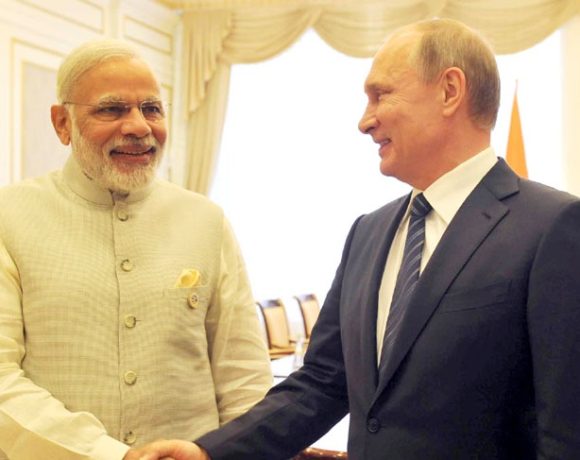
Indian Electronics Firms Pivot from China to South Korea, Taiwan
In a significant realignment of supply chain strategy, India’s leading electronics component manufacturers are moving away from traditional Chinese partnerships and actively seeking collaborations with firms from South Korea and Taiwan. The shift comes in the backdrop of the government’s continued clampdown on Chinese foreign direct investment (FDI) and its push for indigenous manufacturing under the upcoming Electronics Component Manufacturing Scheme (ECMS).
electronics pivot
Top Indian players like Micromax-owner Bhagwati Products, Epack Durable, Dixon Technologies, Amber Enterprises, PG Electroplast, and Optiemus are among those preparing to submit proposals under ECMS, aiming to qualify for government incentives. These companies are now engaging with Korean and Taiwanese firms for technology transfers, joint ventures, and local manufacturing tie-ups, marking a clear departure from previous China-centric sourcing models.
The ECMS scheme is designed to promote domestic production of critical components such as PCBs, semiconductor modules, camera units, and display parts. The growing interest in South Korean and Taiwanese partnerships is seen as a direct response to concerns about geopolitical risk, over-dependence on China, and the need to diversify India’s electronics value chain.
Chinese FDI Focus
The government’s tough stance on Chinese investment, especially after increased scrutiny following the Galwan clash, has created a difficult environment for Chinese companies in India. Chinese firms now face slower FDI clearances, additional compliance scrutiny, and in some cases, outright denial of approvals. This has compelled Indian firms to actively decouple their supply chains from China and reorient their sourcing and joint venture strategies toward more politically aligned nations.
supply chain Realignment
Global market shifts are also reinforcing this pivot. Many South Korean and Taiwanese electronics giants are diversifying production footprints outside China, and India—with its scale, skilled labor, and supportive policy environment—is emerging as a preferred destination. Indian companies are banking on this trend to not only localize manufacturing but also boost domestic value addition, reduce import bills, and position India as a competitive alternative in the global electronics ecosystem.
With the ECMS deadline approaching, the Indian electronics industry is at an inflection point. The pivot away from China signals not just a shift in business preferences but a recalibration of strategic priorities—geopolitical alignment, technological sovereignty, and long-term resilience of critical supply chains.


















